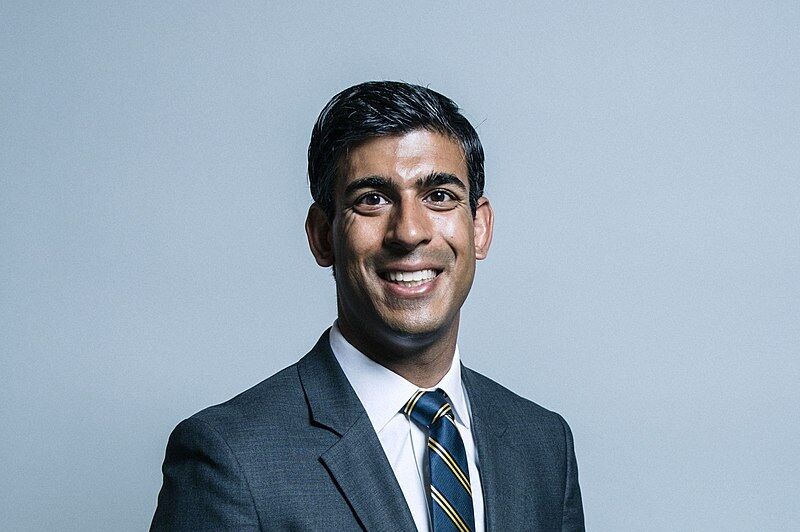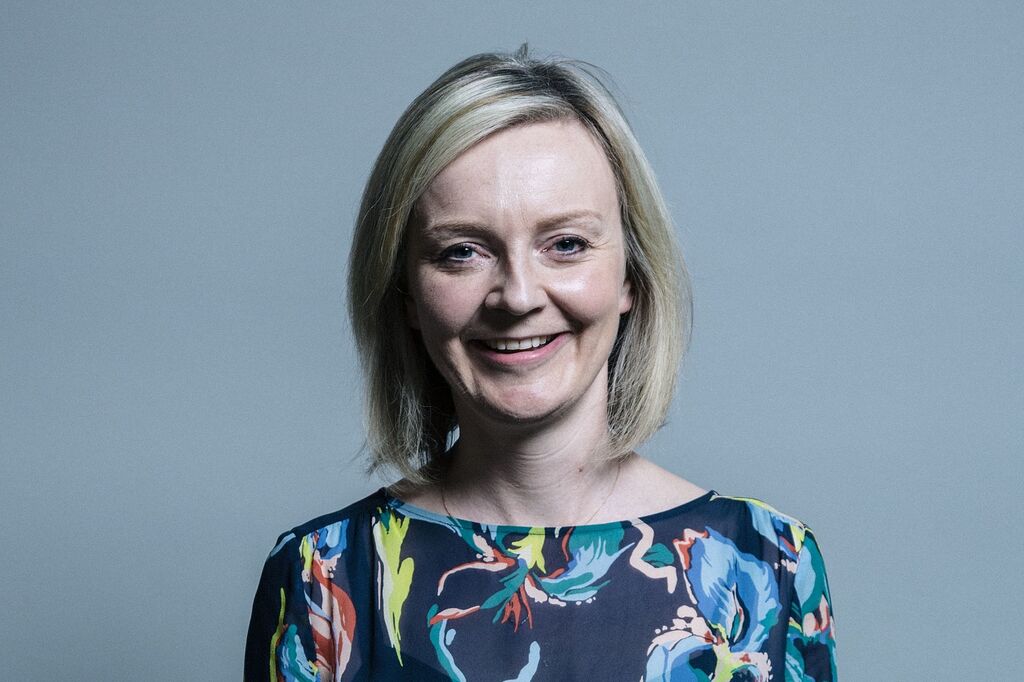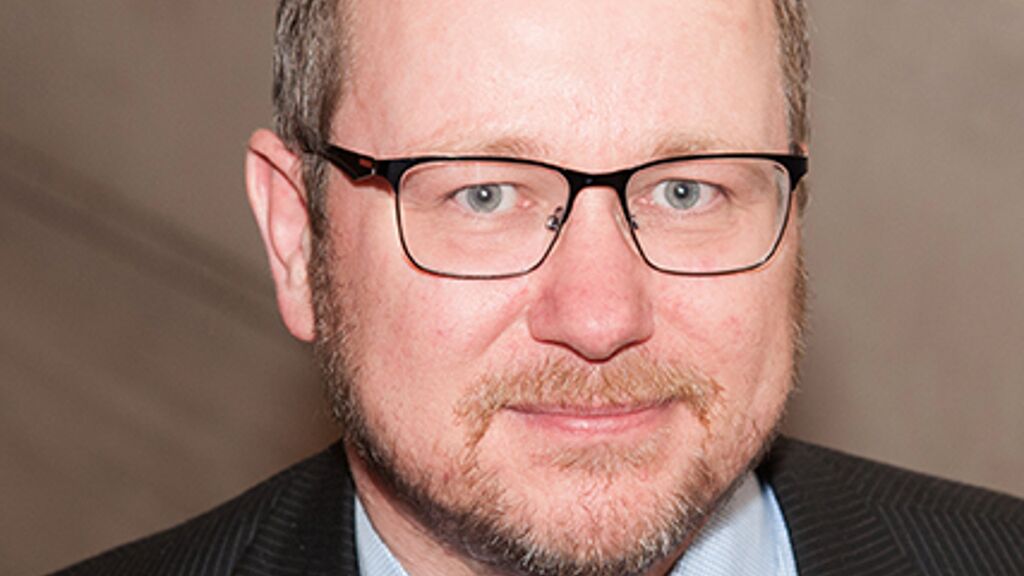Pornography
What do the Tory leadership finalists think of the Online Safety Bill?
Last week, it was announced that scrutiny of the UK Government's flagship Online Safety Bill has been pushed back to the autumn, so that the new Prime Minister can decide on its future.
This legislation has proved controversial given its wide scope, with some campaigners warning aspects of the plan will undermine freedom of expression. At the same time, child safety campaigners and women’s groups are urging changes to see the vulnerable better-protected online.
Interviews with the leadership candidates by The Spectator shed light on what they make of the proposals. Here’s what Rishi Sunak and Liz Truss told the magazine about their intentions.
Rishi Sunak MP

Ex Chancellor Rishi Sunak stressed his own concerns as a father about his children accessing "explicit" material but said free speech needs to be respected:
"I come at this first as a parent. I have two young girls who are at the age where they're starting to go online more. And I've got to tell you, I'm quite worried about all of that. And I sit down with my wife and we talk about it. I'm concerned about what they could end up looking at. And I think the exposure to explicit, sometimes horrific material at such a young age is wrong. And we've got to find a way to protect children against that in the same way as we do in the offline world, so to speak."
"I do think we need to have a way to protect children against harm, as I said and I say that first and foremost as a parent. But I do want to make sure that we are also protecting free speech and the legal but harmful bit is the one that I would want to spend some time as prime minister going over and making sure that we're getting that bit exactly right. And I can't tell you what the right answer at the end of that process will be. But I think it's fair that people have raised some concerns about that and its impact on free speech. And I think it's right that those concerns are properly addressed."
Liz Truss MP

Liz Truss took a similar line to Sunak saying that a workable solution could be found through further scrutiny of the plans:
"I'm a believer in freedom of speech. I also believe that we need to protect particularly the under 18s from harm. And what I want to make sure with the Bill, and I know it's now going to the House of Lords, is that it strikes the balance correctly between those two things.'
"I am very, very concerned about the effect particularly social media has on teenage girls or mental health. So I will want to look at that and make sure that that is in the right place, as well as protecting freedom of speech, freedom of the press. I'm a great believer that those are core freedoms that a healthy society depends on."
"I speak to colleagues around the world who are looking at how to legislate for online spaces, you know the fundamental principle is the rules should be the same online as they are in real life. I think that's a fundamental principle and that's what I will make sure I apply."
Analysis by Tim Cairns, Senior Policy Officer

CARE takes a nuanced view on the Online Safety Bill. We believe children are being failed badly under current laws - online protections do not match those in the offline world. Some of the measures we have championed for years are potentially introduced by the Bill.
The Bill introduces age verification that would stop children accessing pornographic content, but the legislation needs to go much further in protecting both children and women from the harms of unregulated pornographic content online. We hope to work across the political spectrum to ensure pornography is properly regulated online.
At the same time, we recognise and agree with concerns raised about free expression. Targeting 'legal but harmful' speech is highly problematic. The fundamental problem with the Bill is that it regulates providers of content rather than the content itself. Provisions for keeping children safe and ending violence against women and girls cannot be legislated for in the same way as provisions aimed at free speech.
On balance, we believe a reduced version of the Online Safety Bill should be taken forward by the new UK administration, that deals with pornographic content, while the Government thinks again about how or even if, speech should be regulated online. That seems to be the stance taken by the remaining candidates.
The next Prime Minister will face political pressure from different sides. Loud voices within the Tory party itself want to see the online safety regime dropped altogether. With challenges remaining before effective and balanced implementation, that could be a tempting option for the new PM. Or a delay to the plans which sees them fail to resurface.
We must pray that whoever becomes Prime Minister will stick to their guns and ensure that legislation comes into forces that both protects children, regulates pornography and respects freedoms. With careful thought and some changes to aspects of the current bill, we have every confidence this can be achieved.
Share
